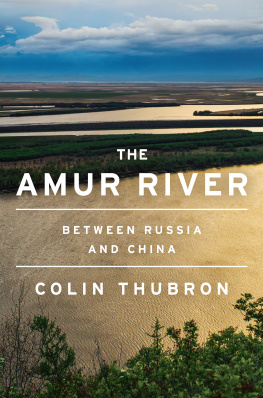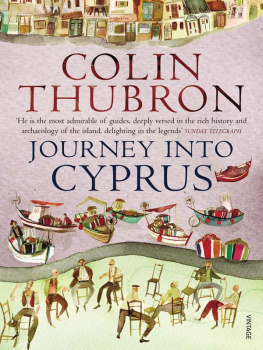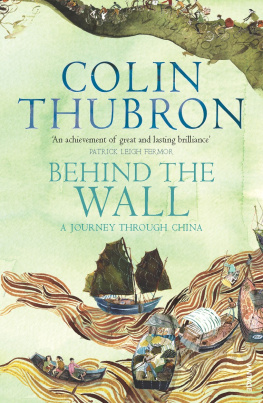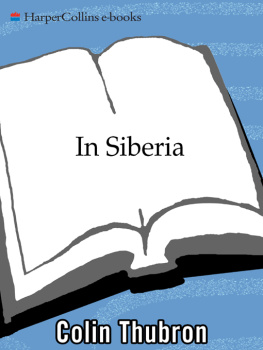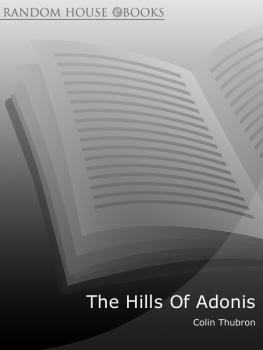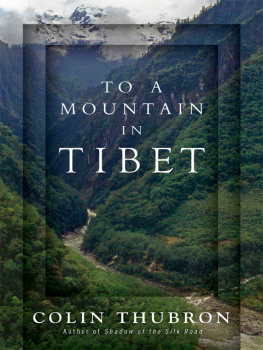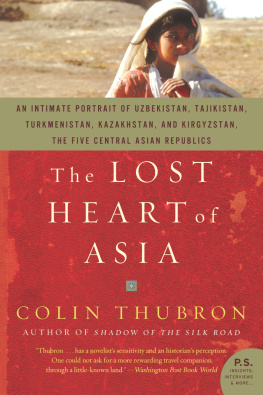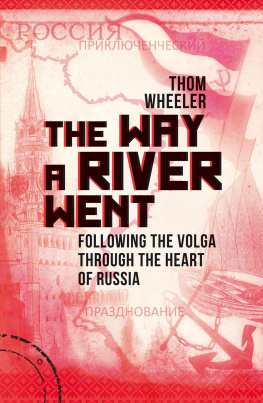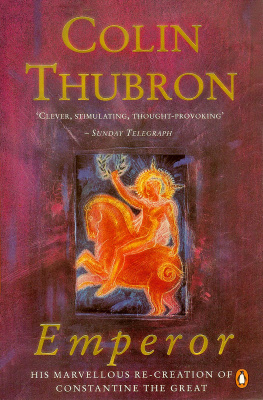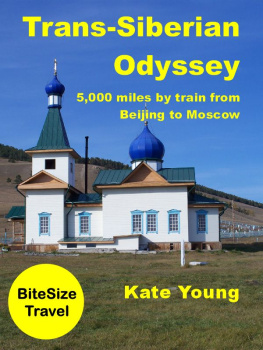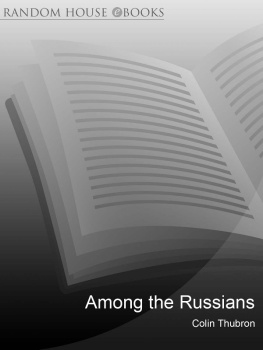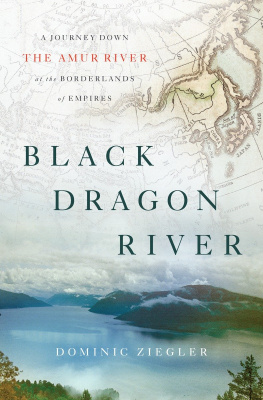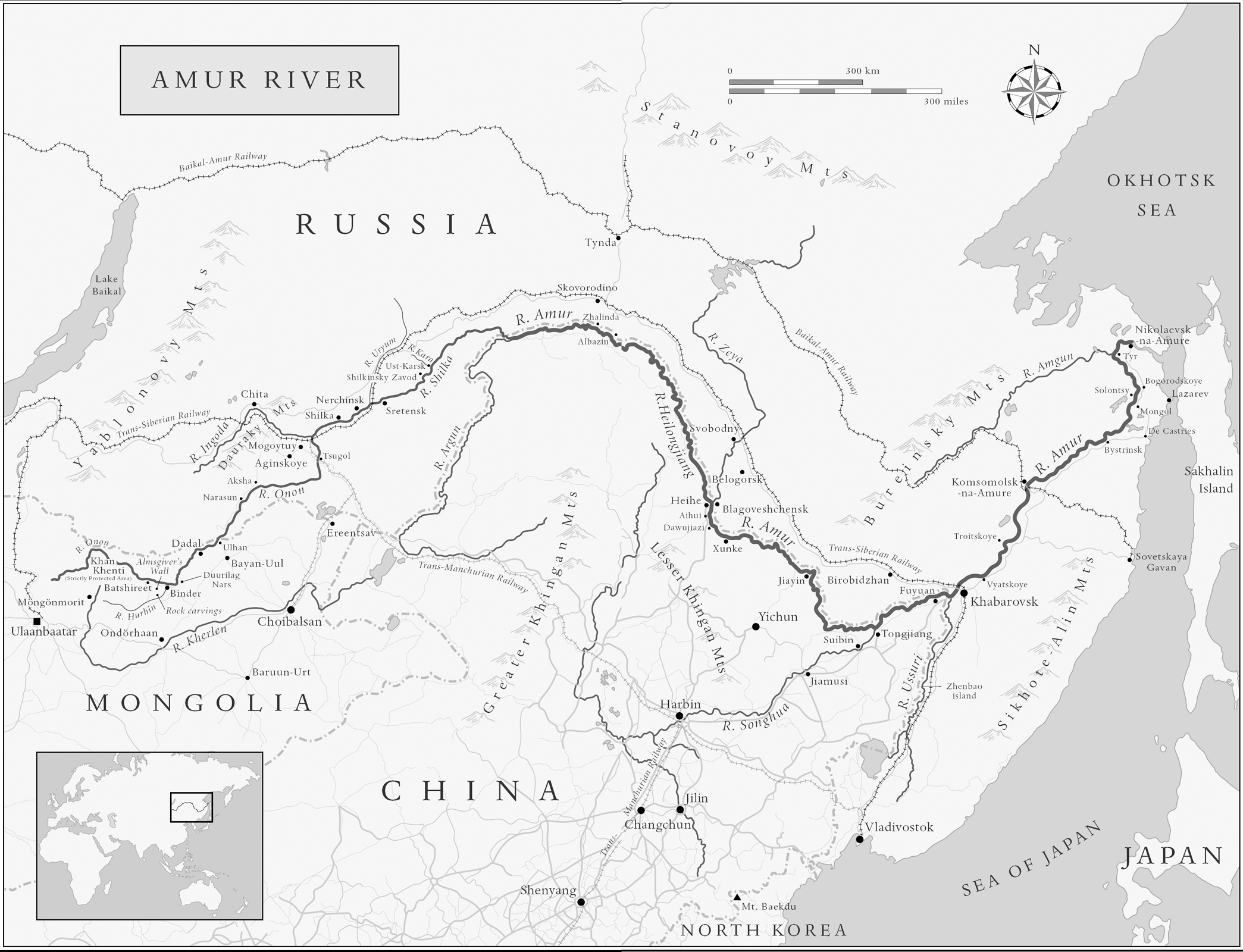Contents
Guide
For Austin, Paula and Eliseo
Contents
Across the heart of Asia, at the ancient convergence of steppe and forest, the grasslands of Mongolia move towards Siberia in a grey-green sea.
The lands silence is almost unbroken. It is barely inhabited. At its farthest reach, near the Russian frontier, almost five thousand square miles are forbidden to travellers. These mountains, once the homeland of Genghis Khan, are today a near-sacred wilderness. The solitary track that reaches them ends at a barrier and a rangers lodge. And here we wait a guide, two horsemen and I to enter a region that none of us truly knows.
Somewhere deep in this hinterland rises one of the most formidable rivers on earth. It drains a basin twice the size of Pakistan, and more than two hundred tributaries, some of them immense, pour into its flood in spring. For over a thousand miles it forms the border between Russia and China: a fault-line shrouded in old mistrust.
The Amur is elusive. Even the names origin is obscure. To the West the river seems unreachably remote, and few people have even heard of it. There are wildly different estimates of its length, naming it the tenth or even eighth longest river in the world. Its Chinese shore is almost untravelled, while razor wire and watchtowers shadow its Russian bank from end to end in the most densely fortified frontier on earth.
A day goes by, and then a night, while we wait to cross into these proscribed mountains. The rangers in this country, named the Khenti Strictly Protected Area, are reluctant to release us, although I have permits secured by the trusted agent who found my guide and horsemen. I feel a first twinge of unease. Our three tents, pitched in the meadow grasses, are beginning to look forlorn, and the elation of starting out the visceral excitement, the tingle of apprehension is ebbing into the fear that we may never start at all. At night I am woken by our horses cropping the grass outside my tent. It is that hour when the mind darkens; and suddenly the notion of following a river of 2,826 miles (the favoured estimate), as it flows through south-east Siberia then meets China, then breaks for the Pacific, seems little more than a fantasy.
I open my tent-flap on the cold dark, and catch my breath. My shadow falls black over the grass. The night above me blazes with stars, and across that immense Mongolian sky the Milky Way moves in an icy torrent of light.
Dawn spreads the thin radiance of another planet. The world seems still unstained. In the distances around us the sun is lifting a glistening mist above grasslands heavy with dew. It is as if a great fire were burning over the plains. For a while it obscures the hills that fringe the skyline, then its haze dissolves as though we had imagined it. The air grows warmer. Tiny diurnal moths are rising from the grasses, where invisible warblers sing, and the air fills with the click and whirr of grasshoppers. To walk here is to wade through a tide of wildflowers: multicoloured asters, gentians, butter-coloured potentilla, peacock-blue columbines. Over farther slopes, swathes of blown edelweiss make a frosty pallor for miles.
Then the horsemen emerge, heavy in their native deel overcoats, their daggers at their belts, to check our tethered mounts. It is well into morning before the rangers appear. They come to our tents on motorbikes, in their outsize boots and piratical headbands. They carry little briefcases. Batmonkh, my guide, a native of Mongolias capital, says they are feeling important because the prime minister has arrived here on pilgrimage to Burkhan Khaldun, the mountain sacred to Genghis Khan. But they remain with us a long time, eating our biscuits and scrutinizing our papers. The country ahead of us is dangerous, they say, and almost impassable. The most distant tributary of the Amur, the Onon river, rises in remote marshlands, and the monsoons had been heavy that summer. Now, in late August, the ground is flooded and treacherous. And there are bears. Once inside the reserve, we will be beyond help.
Batmonkh listens to them without interest. He says they resent outside intruders in their land. I cannot understand a word they say, only silently hope they will not forbid us. Sometimes Batmonkh wanders away dismissively, while the rangers come and go, and our horsemen laugh at them with the despisal of free men for bureaucracy. Eventually the rangers present us with a document to sign, absolving them of any responsibility, and at last they leave, bouncing over the steppelands on their Chinese motorbikes, after washing their hands of us.
We should have listened to them, of course.
For the last time before we depart the sky looms vaster and more restless than the plains. From end to end the horizon seems sunk beyond the curvature of the earth, and above us spreads a panorama of discordant clouds. On one side they are merely smears of mist, on the other an armada of cumulus rolls into infinity.
For a moment we halt at the edge of the reserve; the next we are in underbush, following the Kherlen river where it descends from its watershed in the east. Already the slopes are steepening and darkening into forest. A late cuckoo calls. Half unconsciously, we are crossing the divide from Eurasian grassland to Siberian taiga, the scent of crushed wildflowers fading under our hooves, and all of us elated by our release.
But soon the terrain grows sodden. Sometimes the horses flounder in bog-water that is still flowing. Once, ominously, the ground beneath the leading horseman gives way, and his stallion a handsome roan collapses into a mud hole, and struggles up as he remounts.
By early afternoon we are riding along hills above the river. Buzzards are dropping low over its swamp. For miles we brush through stunted birch thickets, while larches troop down the mountainsides like an invading army, and infiltrate the valleys. The only sounds are our own. As the air sharpens, I sense the deepening remoteness of our path, and feel an old excitement at entering another country.
My horse is a twelve-year-old stallion who has no name. To the horsemen he is simply the White Horse; any other label would be sentimental. He is tough and scarred. We ride in a straggling cavalcade of nine, our tents and food trussed on five packhorses. These beasts are strong and glossy after summer pasturing not the sickly creatures of late winter. Short-legged and large-headed, they descend from the tireless horses of Mongol conquest, able to gallop ten kilometres without pause, and we ride them in the Mongol way, with legs bent back from the knees on short stirrups. The horsemen are in their early forties, herders and huntsmen, their faces wind-battered raw, their bodies pared lean. They too look tireless.
Yet their ancestors ancient habitat was not steppeland but forest, from which they first emerged millennia ago, and for a long time our own transition is uneven, where grassy slopes still mingle with woodland as we travel back in time, and the early nomad hoof beats fade into forest silence.
Towards evening comes the first hint of trouble. One of our packhorses is still unbroken, and its wild energy unsettles the others. Ahead of us, in low woodland, they are suddenly thrusting and barging together, then they tear loose from their leading-ropes, three of them bolting back the way they came, their eyes dilated in fear, with the horsemen following.
Batmonkh and I tether the last pair to saplings, and wait. We wait for seeming hours. When the horsemen return with their charges, we find that the recalcitrant palomino has thrown off its baggage, which now lies somewhere anywhere in the forest around us. They return to search for it, while Batmonkh and I wonder disconsolately which of the giant saddlebags is missing. If it holds my rucksack, I realize, my passport and visas will be gone, and our journey ended. I tramp back along the way the horses disappeared, but the forest spreads around me in a glaze of concealing birch scrub. I hunt for panicky hoof-prints, smashed branches, and go down tracks that dissipate to the trail of some long-passed animal. The whinnying of the herders horses sounds farther and farther away as their search widens. Sometimes in the undergrowth a fallen silver birch shines with a moments hope they are bright and smooth as china but soon I cannot imagine finding anything at all in this wilderness.

